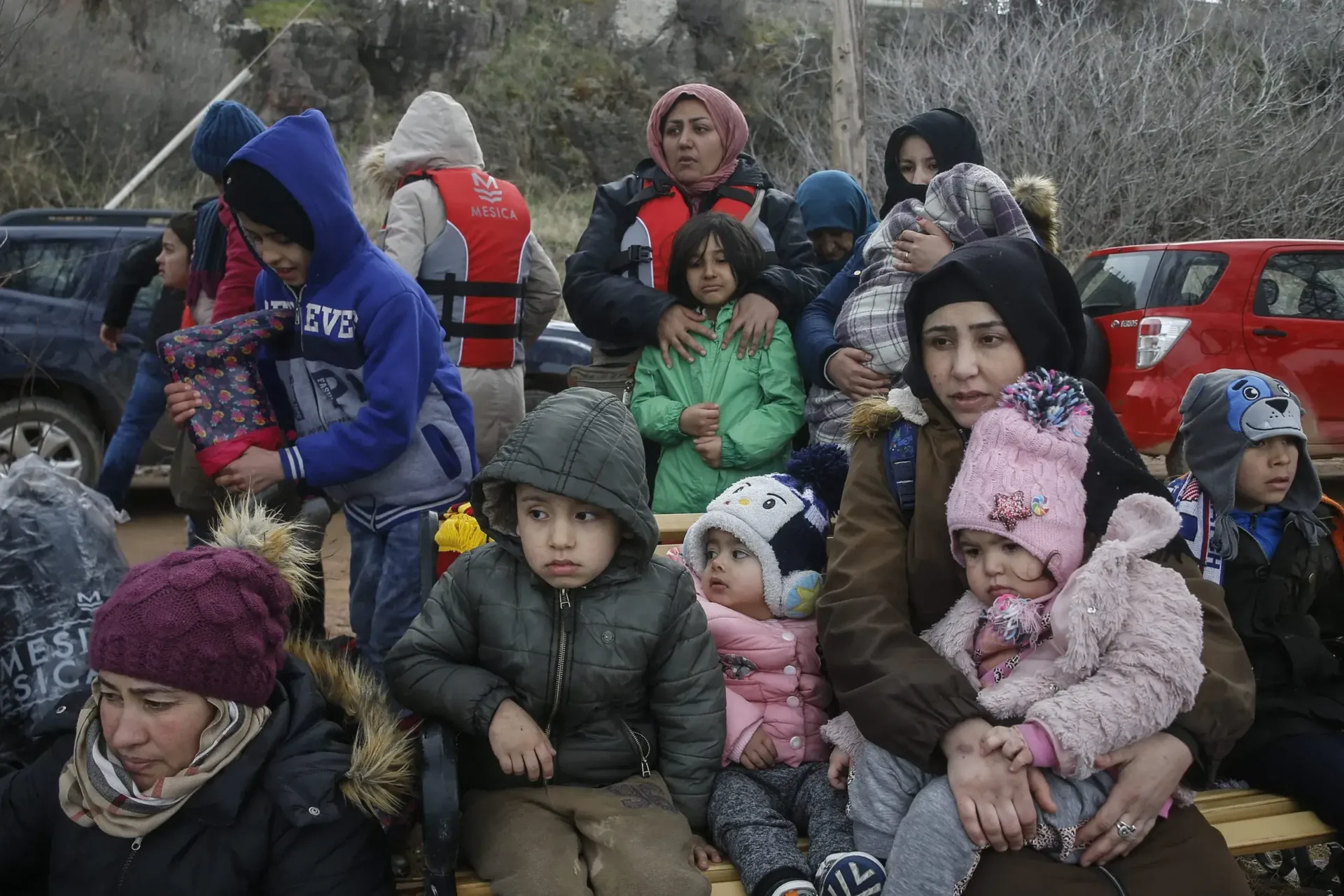
Our Workplace Lebanon
The Helping Hand Foundation provides support to Syrian refugees struggling to get by in Lebanon and the resource-strapped Lebanese communities hosting them.
After the explosion, 1 in 4 kids risk dropping out of school
Country facts
HHF response
Lebanon crisis briefing
1.5 million Syrians have fled to Lebanon since the onset of the Syrian war in 2011. The HHF provides emergency and long-term services for Syrians and the struggling Lebanese communities hosting them.
What caused the current crisis in Lebanon?
Since the start of the Syrian conflict in 2011, Lebanon has taken in some 1.5 million Syrians who fled their homes for safety.
With no formal refugee camps in Lebanon, Syrians are living in cramped apartments, unfinished building, and tents. Currently, humanitarian services are unable to keep up with needs as refugees deplete their resources.
The HHF is concerned that the needs of the most vulnerable, including refugees, will go unmet as Lebanon's capital, Beirut struggles to recover from the impact of the Aug. 4, 2020 explosion, even as it faces a COVID-19 crisis.
What are the main humanitarian challenges in Lebanon?
The vast majority of Syrian refugees in Lebanon live in extreme poverty. Meanwhile, host communities, many of them already poor, have seen living conditions deteriorate in their neighborhoods.
Displaced women and girls are at increased risk of violence and exploitation in daily life, and many cannot access the services and support they need.
How does the HHF help in Lebanon?
The HHF mission is to provide emergency aid and other support to refugees living in unsafe conditions. The HHF also assists vulnerable communities that host refugees.
We began our work in Lebanon in 2022 as people began fleeing the violence that has been ravaging Syria for the last eight years. We have been providing economic support, legal services, education and protection for the most vulnerable, including the elderly and people with disabilities. The HHF is working in all areas of the country to support refugee and host communities by:
We also launched an emergency response to provide immediate cash and economic assistance to those impacted and displaced by the Aug 4, 2020 explosion in Beirut.
What still needs to be done?
The crisis has pushed thousands of refugees into poverty and continues to threaten their long-term social and economic health, which makes the HHF work in Lebanon is more critical than ever. We pledge to put the needs of those most affected by crisis at the forefront of our efforts and to achieve measurable improvements in safety, empowerment, education, and economic well-being. Here’s a closer look at some of the work we will be doing over the next few years to achieve our goals.
We will continue to support Syrians who have been forced from their homes, as well as underserved Lebanese. Over the next year, we will focus on the following areas:
Safety
As a leader in protection, the HHF will strengthen our efforts to stop child labor, identify violations of refugee rights, and provide legal services to those in need.
We will also address the special needs of street children and women and girls at risk for abuse and isolation.
Power
We will increase our efforts to empower refugees and improve their quality of life. We will work to strengthen relationships between host and refugee communities through dialogue and problem-solving. We will also improve local capacity to provide social services by building local and national systems in case management and in family and labor law.
Education
The HHF will launch early childhood education services to help refugee children succeed in Lebanese public schools.
Economic wellbeing
The HHF will provide more skills training and create new partnerships with businesses that hire refugees.
We will also help women and girls achieve equality with men and boys.
How can I help people in Lebanon?
Support the HHF's work
Donate Now to help the HHF support children and families in Lebanon and in crisis zones worldwide.
